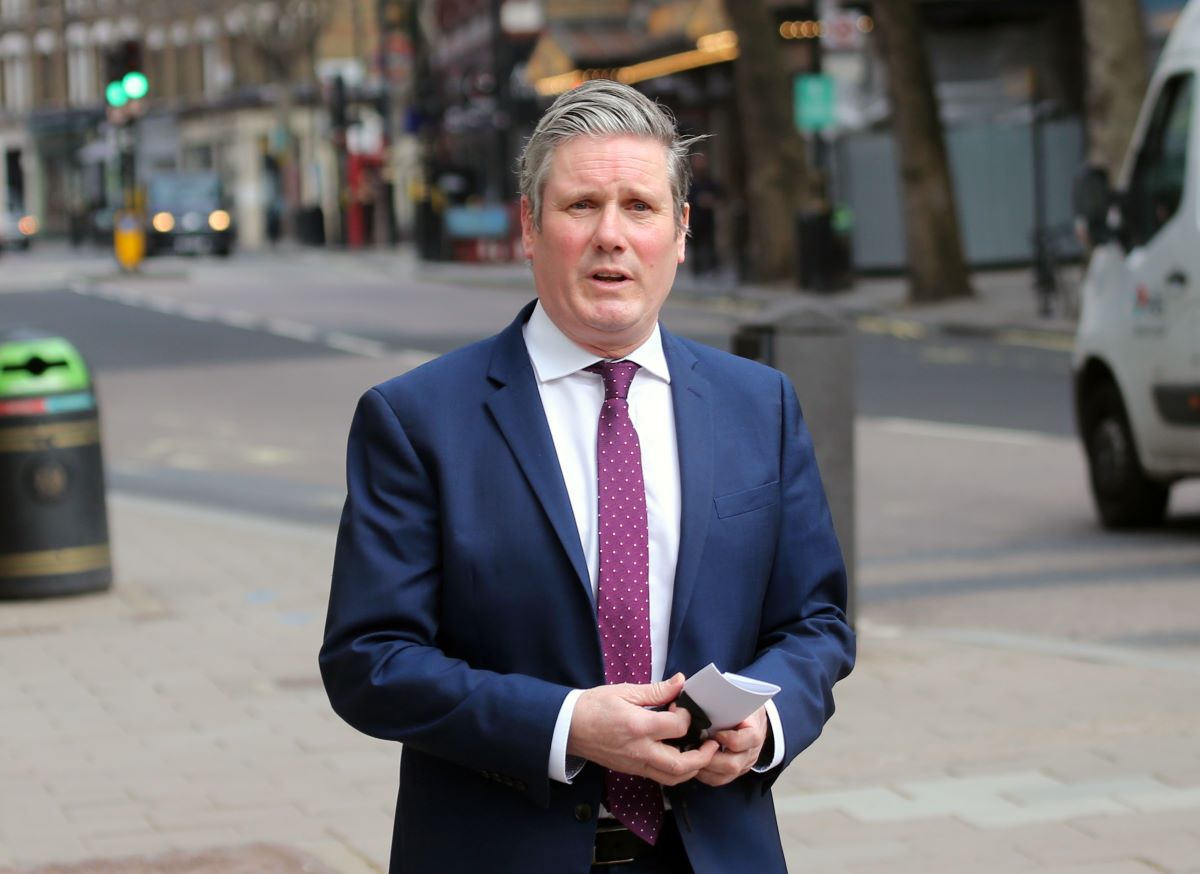Labour leader Keir Starmer faces increasing pressure to abolish the two-child benefit cap amid growing concerns over its impact on child poverty in the UK. Here’s the full story.
Scrap Two-Child Benefit Cap
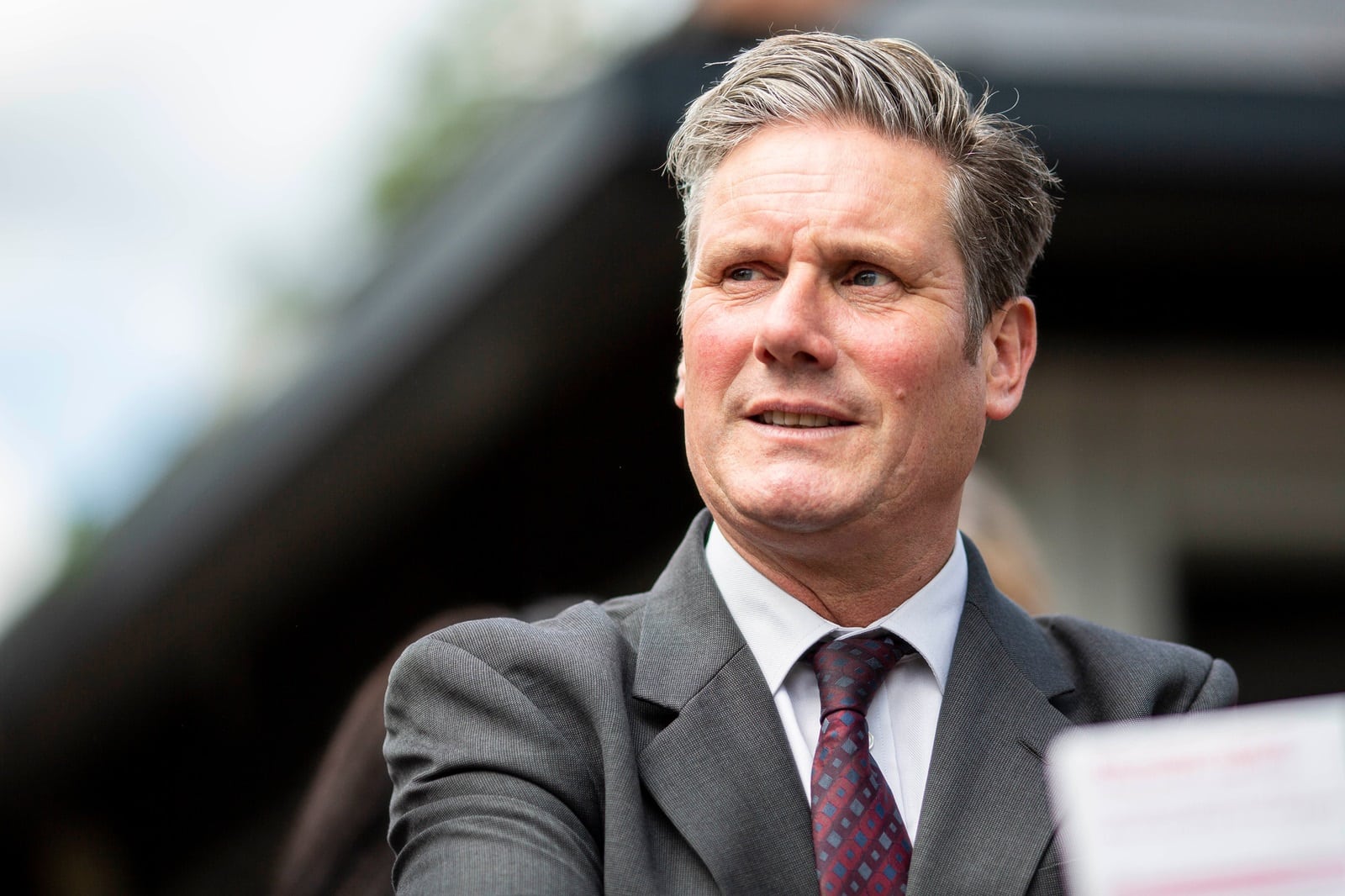
As the election draws nearer, Labour leader Keir Starmer faces intensifying demands to scrap the two-child benefit cap.
Restricts Financial Support

This controversial policy restricts financial support for low-income families with more than two children.
Affects 2 Million Children

Introduced by former Chancellor George Osborne in April 2017, the policy currently affects approximately 2 million children, and recent projections by the Institute for Fiscal Studies (IFS) suggest that an additional 670,000 children will be impacted by the end of the next parliament if the policy remains unchanged.
Denies Vital Benefits

The two-child benefit cap denies vital benefits, including universal credit, to families with more than two children, resulting in an average annual loss of £4,300 per affected household, or roughly 10% of their income.
Poorest Hit Hardest
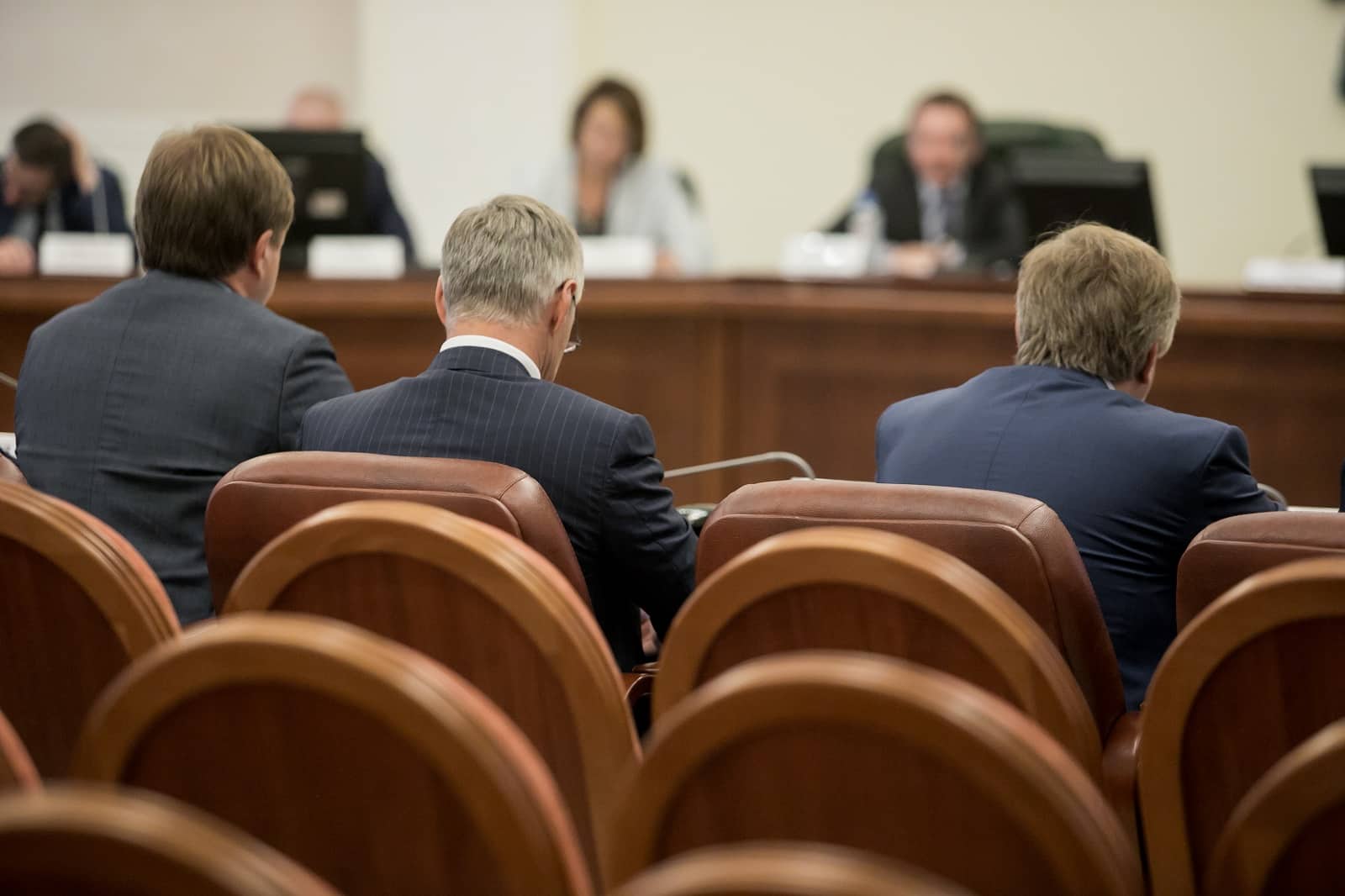
This policy disproportionately impacts the poorest fifth of households, where 38% are affected.
Entrenches Poverty

The financial strain on these families has sparked widespread concern among anti-poverty campaigners and social policy experts, who argue that the policy entrenches poverty and limits opportunities for children in low-income families.
“Powerful Argument”
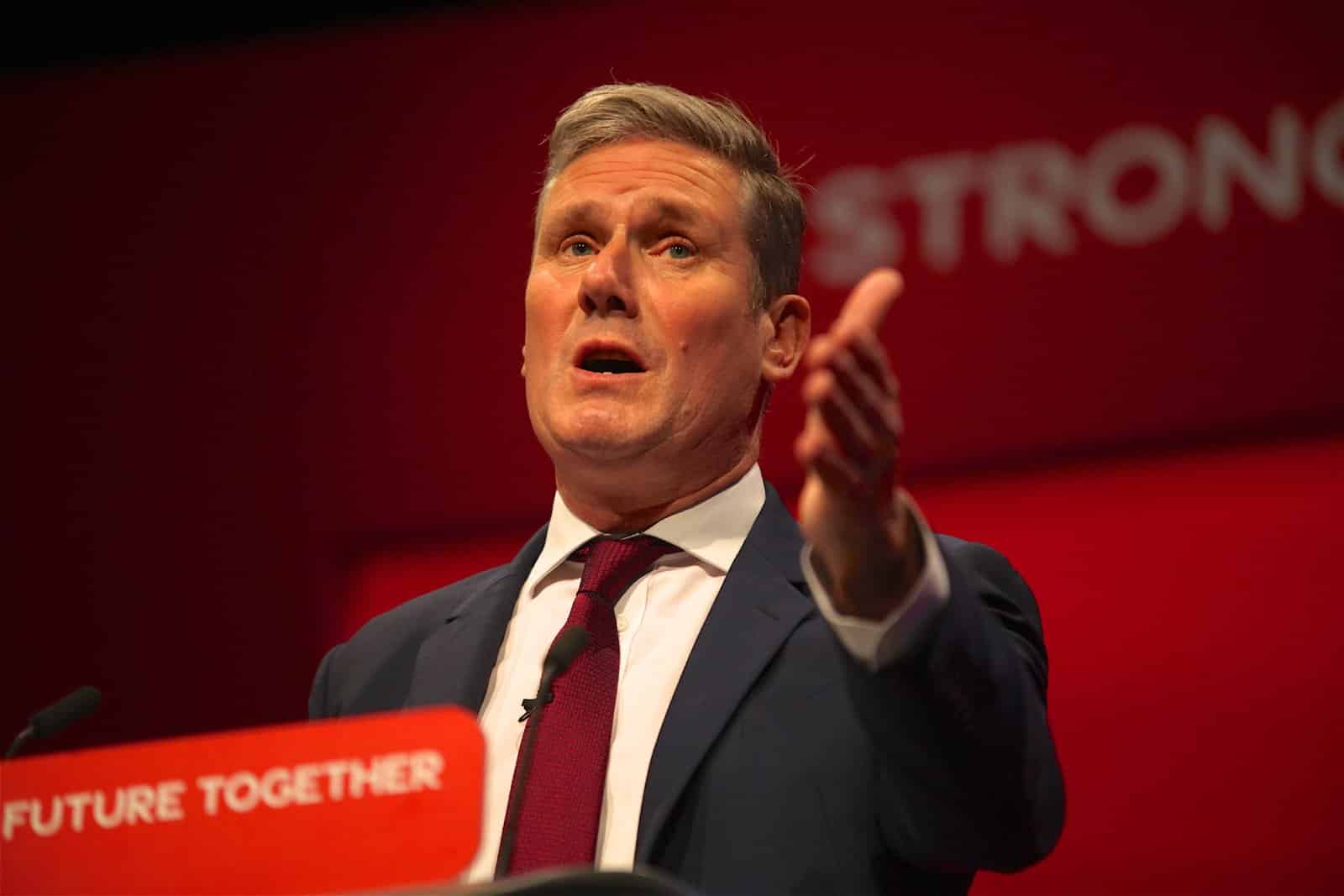
Starmer went so far as to acknowledge the compelling arguments for abolishing the two-child benefit cap due to its undue effect on the poorest in society, telling the Guardian, “I’m not immune from just how powerful an argument this is.”
No Commitment Yet
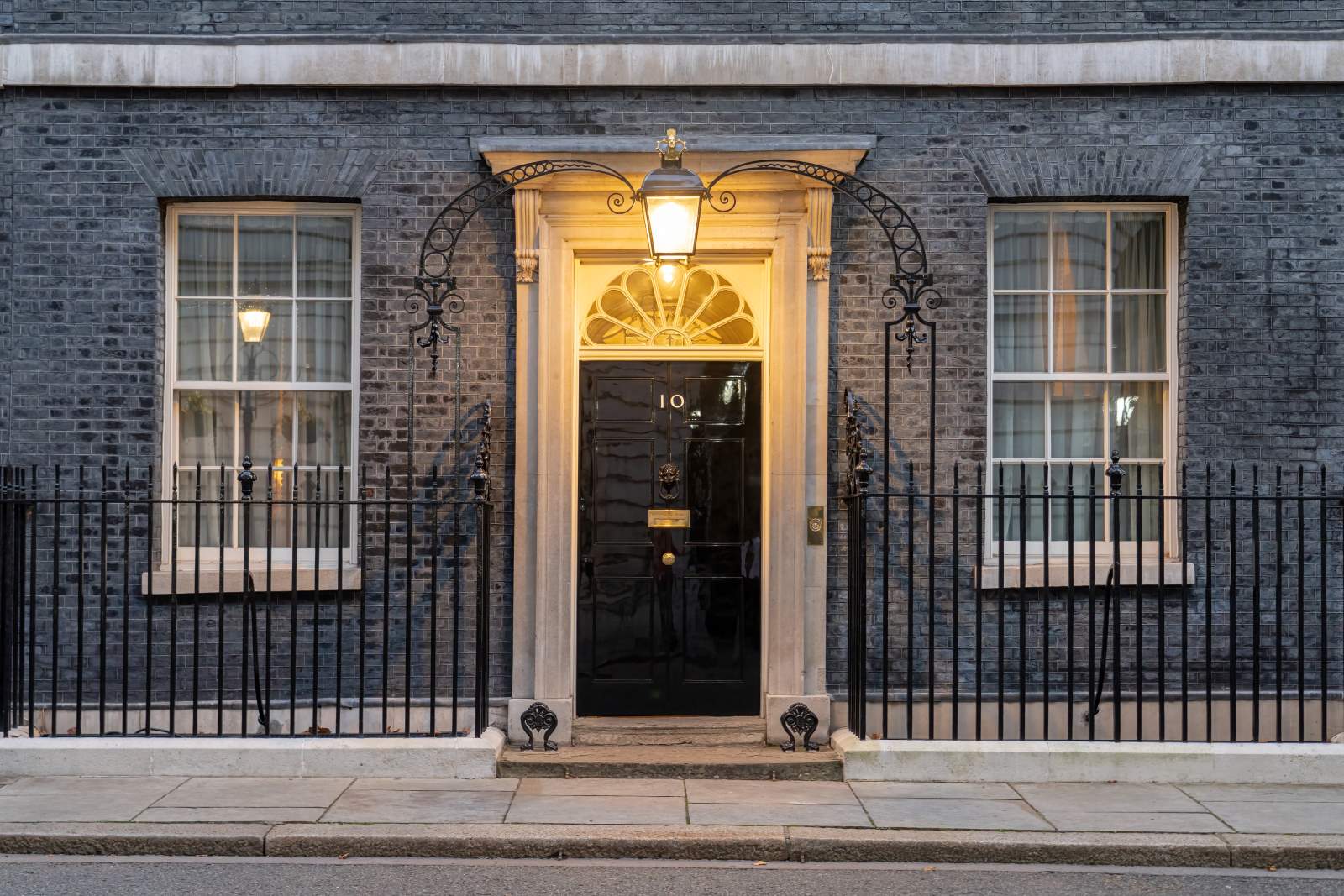
Despite this, Starmer has so far refrained from committing to its removal, citing fiscal constraints and the need to avoid “unfunded promises,” and adding, “It would be so much worse if anybody was to repeat the mistakes of Liz Truss’ government.”
Calls for Immediate Repeal
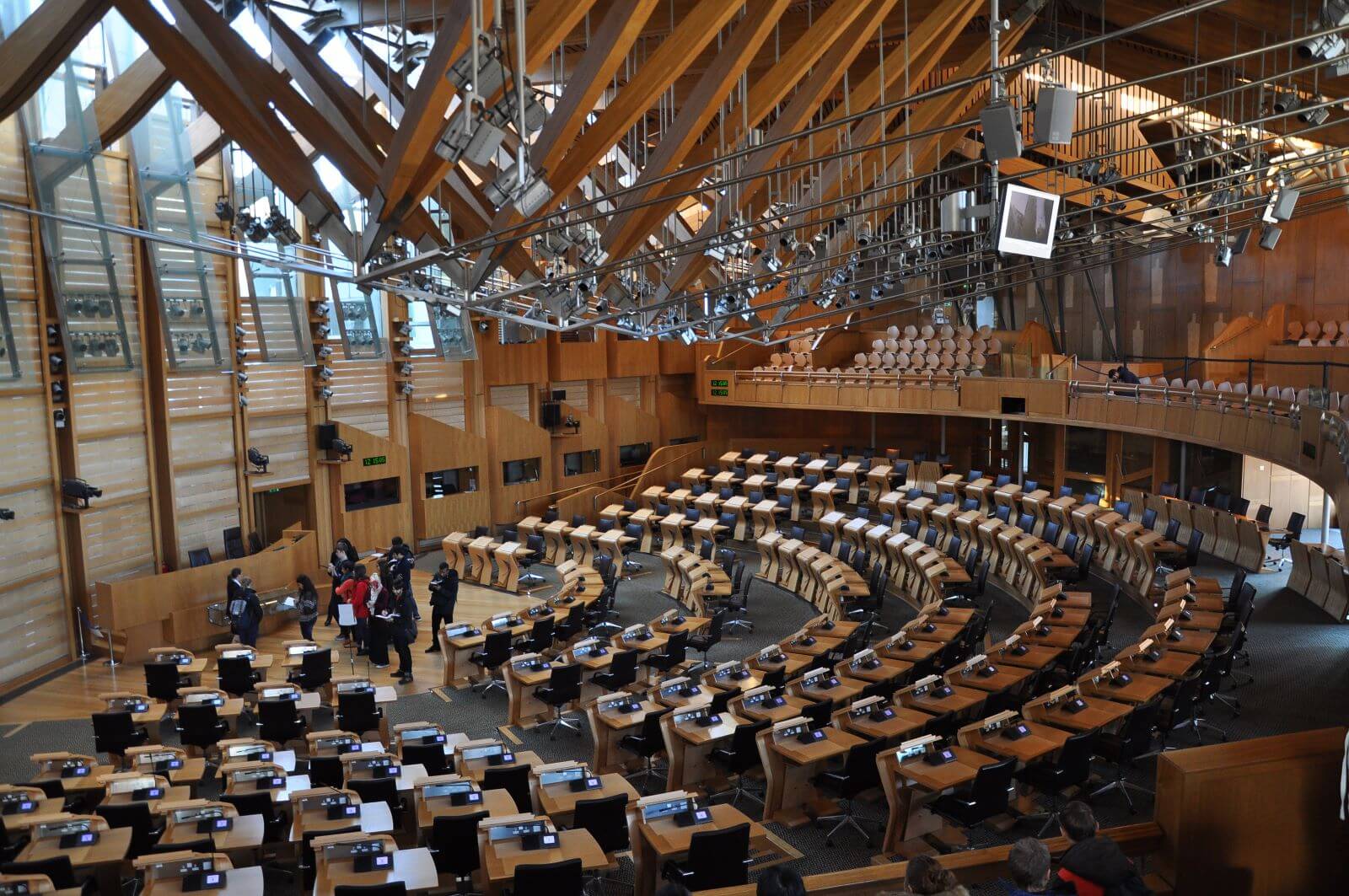
In response to Starmer’s apparent unwillingness to reevaluate the policy, prominent figures across the political spectrum have called for the immediate repeal of the two-child benefit cap.
“A National Disgrace”

Alison Garnham, CEO of the Child Poverty Action Group, has described the policy as “a national disgrace” and added that the two-child benefit cap “makes life worse for kids up and down the country and limits their future chances.”
Future Generations Affected

She added, “Any government serious about making things better for the next generation will have to scrap the two-child limit, and do so quickly.”
“A Shame” for Labour
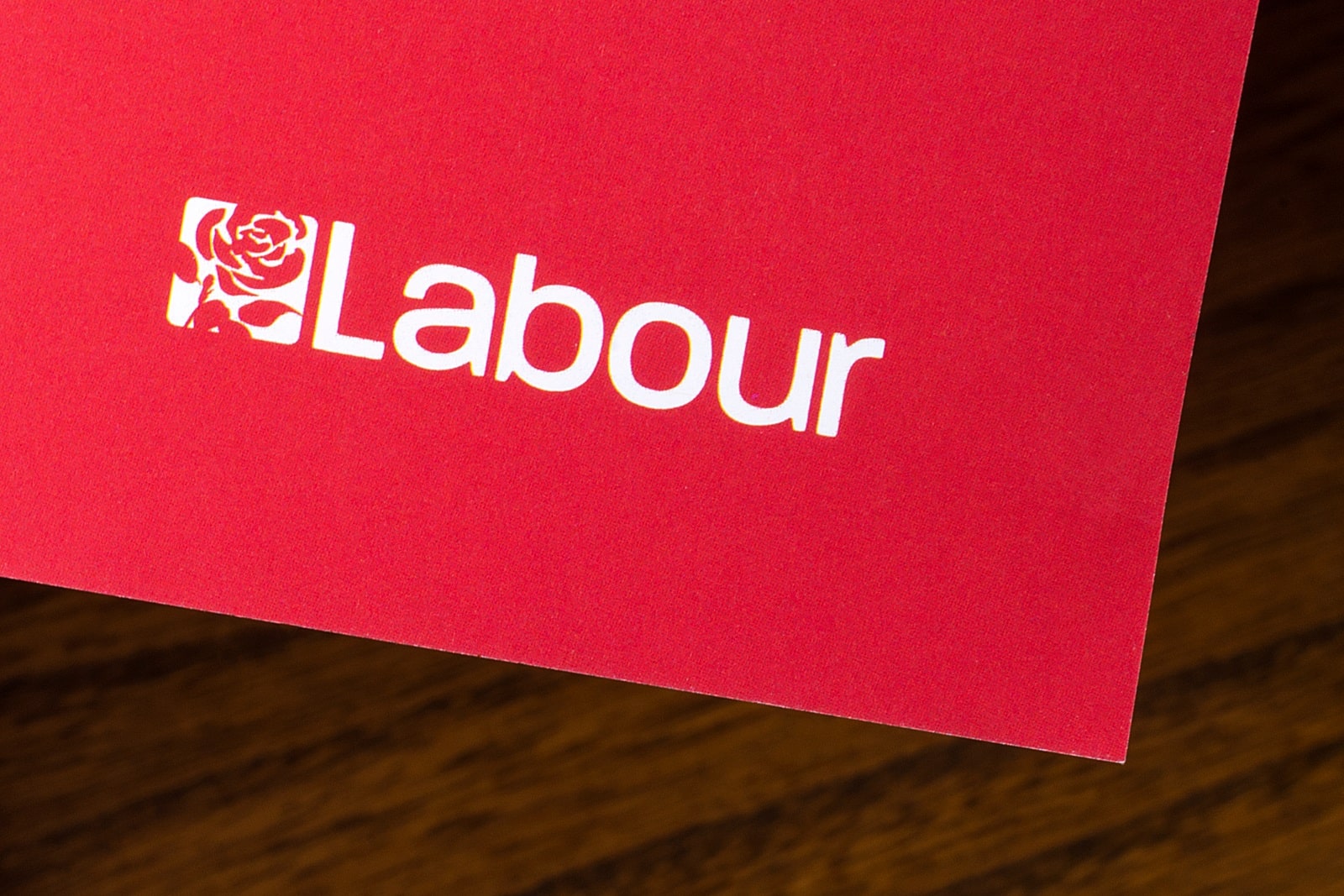
Mary-Ann Stephenson, Director of the Women’s Budget Group, said it was a “shame” Labour had decided not to axe the policy, arguing that it was “one of the most effective ways of lifting children out of poverty”.
Broad Political Support

Stephenson continued, “There are voices from across the political spectrum, the churches, anti-poverty organisations, women’s organisations, all making the same point.”
Archbishop Criticises Policy

Indeed, no less a religious figure than the Archbishop of Canterbury, Justin Welby, has said of the policy, “The two-child limit falls short of our values as a society. It denies the truth that all children are of equal and immeasurable worth, and will have an impact on their long-term health, wellbeing and educational outcomes.”
Labour’s Manifesto Questioned

The omission of a commitment to abolish the two-child benefit cap from Labour’s recent manifesto has raised questions about the party’s desire to tackle poverty, with critics arguing that Labour cares more about appearing fiscally responsible than it does about the poorest children in society.
Costly Policy to End

The financial implications of ending the two-child benefit cap are significant. The IFS estimates that scrapping the policy would cost approximately £3.4 billion annually, comparable to freezing fuel duty for the next parliamentary term.
Poverty Reduction Argument

While this expenditure poses a challenge, many argue that reducing child poverty’s moral and social benefits outweigh the fiscal costs.
Government Prioritises Cuts

Conversely, the current Conservative government, led by Prime Minister Rishi Sunak, has prioritised further welfare cuts to fund tax reductions.
Sunak on Welfare Savings
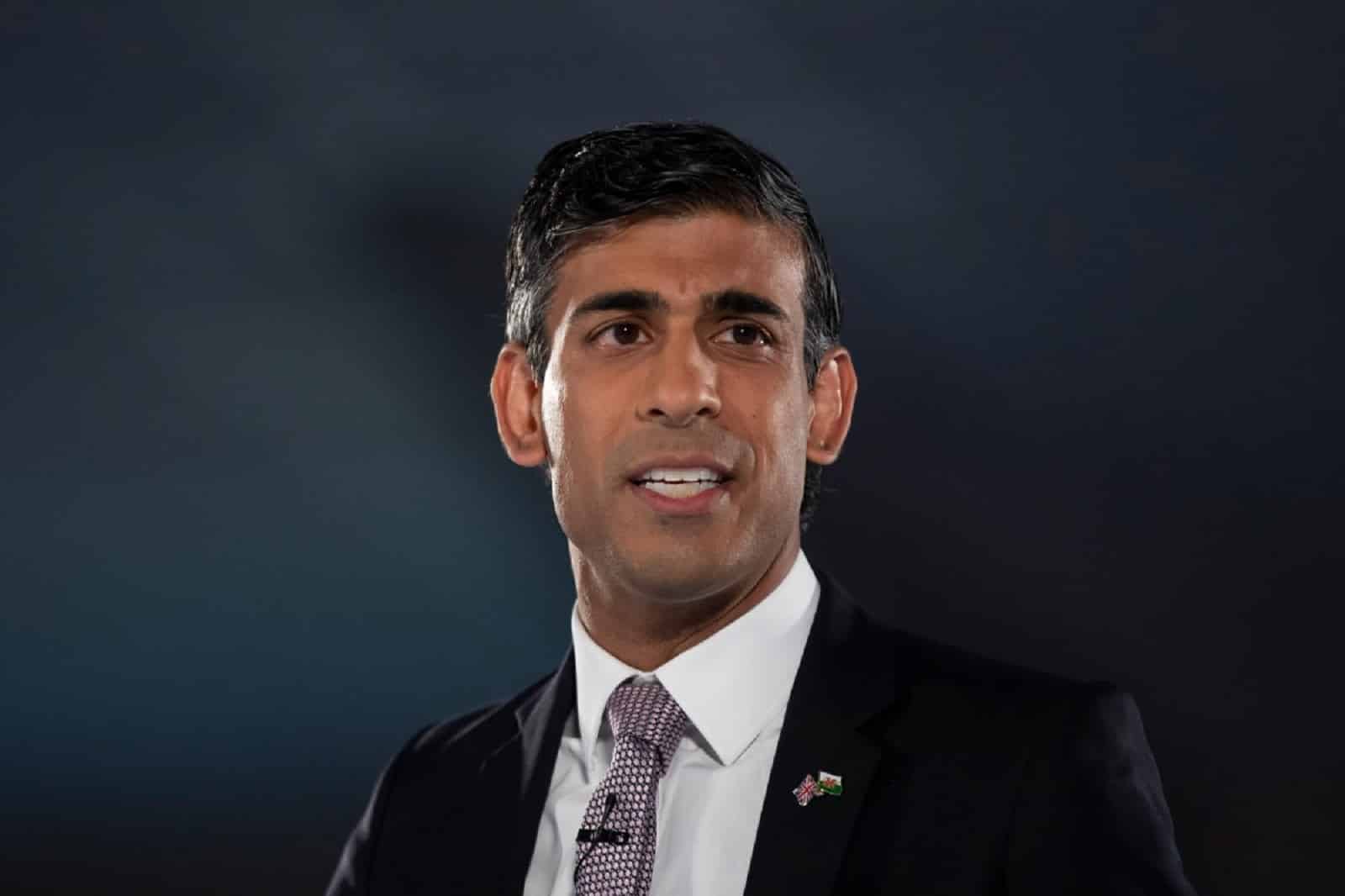
Sunak stated, “The very clear difference in savings between us and the Labour party is, I think you can make savings from constraining the growth in the welfare bill.”
Future Uncertain

As the political and public pressure on Keir Starmer intensifies, the future of the two-child benefit cap remains uncertain.
Calls for Abolition Continue
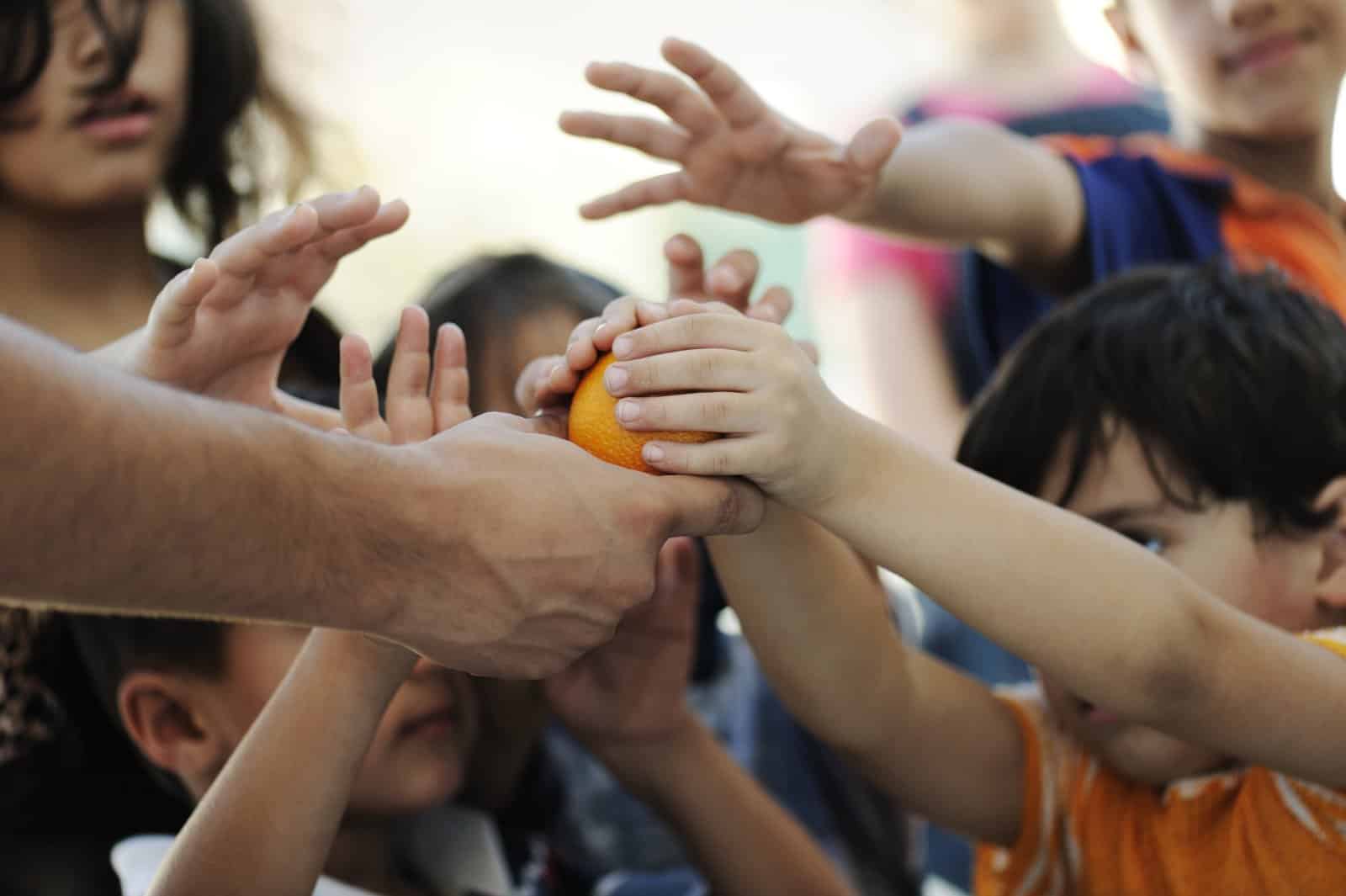
Advocacy groups, religious leaders, and political figures continue to call for its abolition, emphasising the policy’s disastrous effects on child poverty and social inequality.
Labour’s Cautious Approach
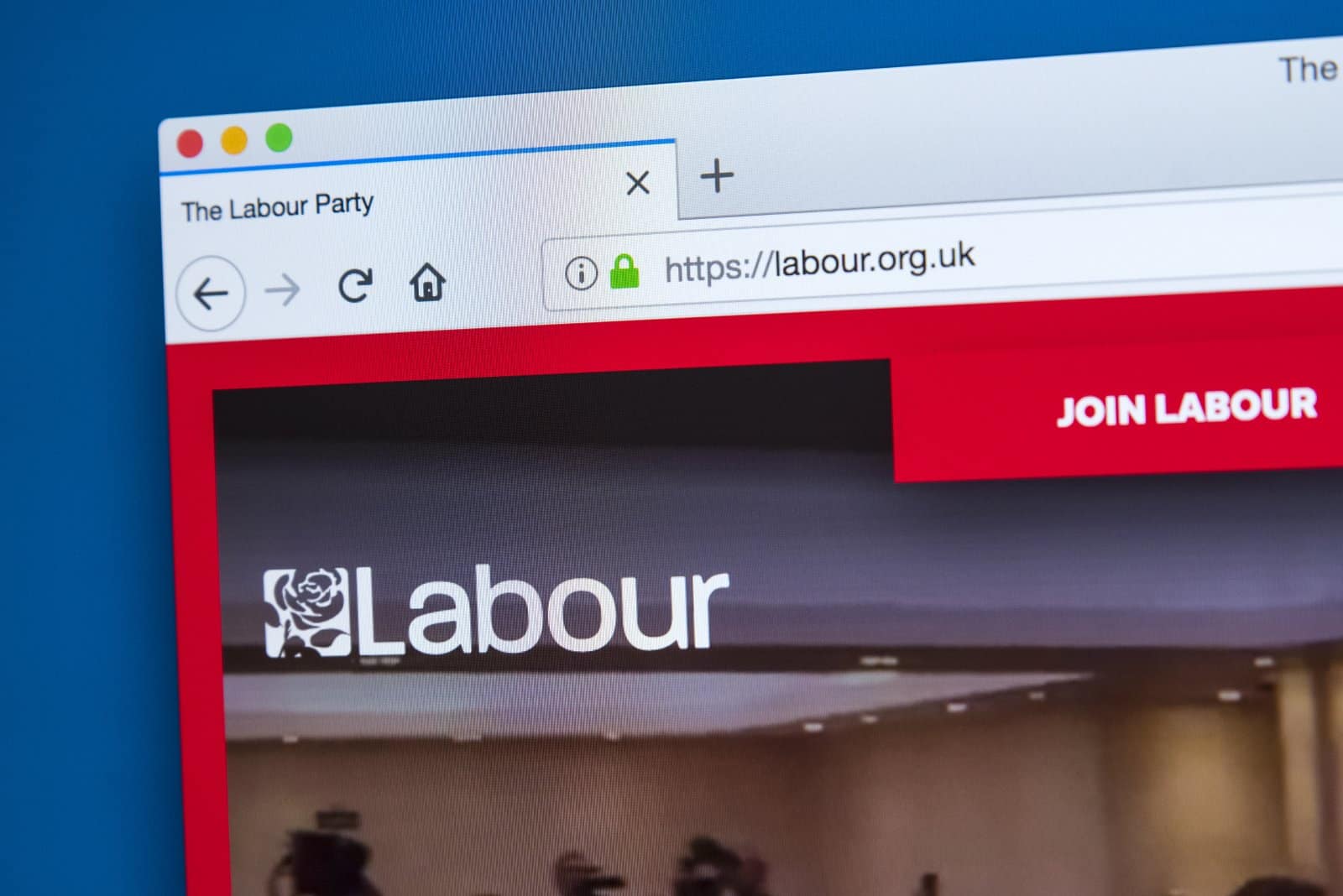
While Labour has expressed a commitment to addressing these issues, the party’s cautious approach has not been well received by many Labour supporters, who argue that Labour risks being undercut on social justice issues by the Liberal Democrats.
“Devastating Blow”
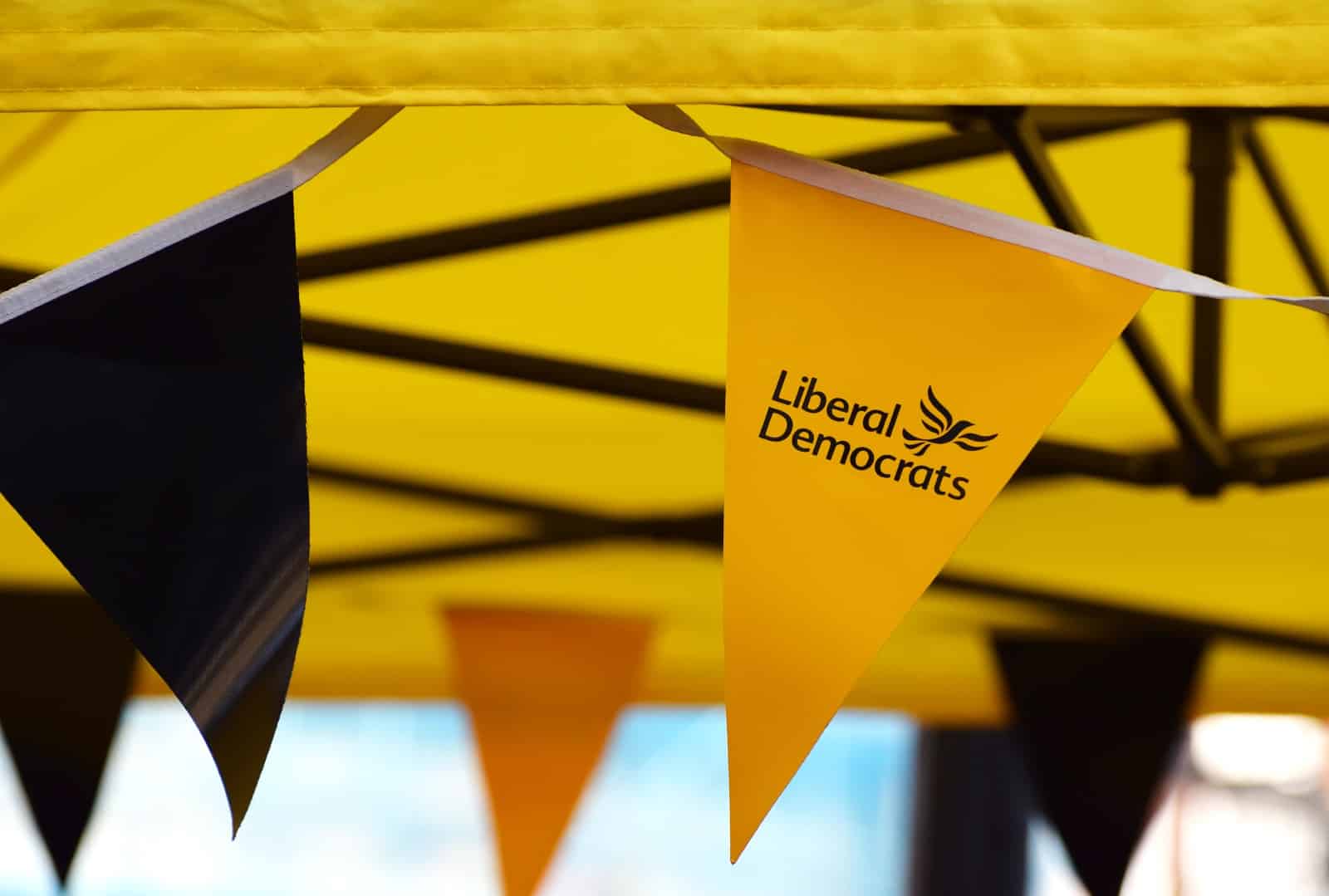
Wendy Chamberlain, the Liberal Democrat Work and Pensions Secretary, said of the policy, “It would be a devastating blow to some of the poorest families in the country if this limit remains in place. The next government must heed these fresh warnings and ensure no child is cut off from support they so desperately need.”
Crucial Policy Debate

The outcome of this debate will be crucial in determining the direction of social policy in the UK and the future wellbeing of its children.
Labour’s Decision Uncertain

As pressure mounts on Keir Starmer to take decisive action, it remains to be seen whether Labour will change its mind on the two-child benefit cap, a policy critics argue exacerbates child poverty and is incompatible with the values of a fair and equitable society.
The post Starmer Faces Increasing Demands to Remove Controversial Benefit Cap first appeared on Now Buzz.
Featured Image Credit: Shutterstock / I T S.

